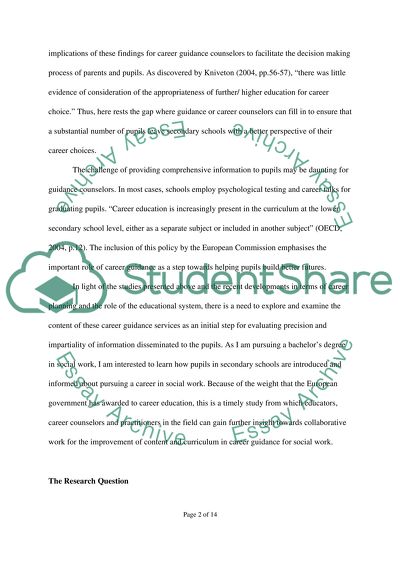Cite this document
(“Research Project Paper Example | Topics and Well Written Essays - 3000 words”, n.d.)
Retrieved from https://studentshare.org/miscellaneous/1565867-research-project
Retrieved from https://studentshare.org/miscellaneous/1565867-research-project
(Research Project Paper Example | Topics and Well Written Essays - 3000 Words)
https://studentshare.org/miscellaneous/1565867-research-project.
https://studentshare.org/miscellaneous/1565867-research-project.
“Research Project Paper Example | Topics and Well Written Essays - 3000 Words”, n.d. https://studentshare.org/miscellaneous/1565867-research-project.


